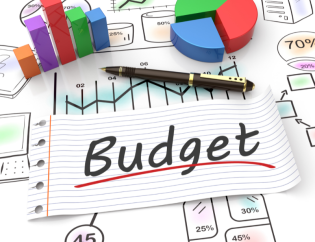Kurt Muscat Senior Executive - Advisory Services commented that “unless government alters the way it generates revenue and the way it spends it is likely that the effect of this pandemic on government’s finances will be felt for a number of years to come.”
As at the end of July 2020, the Maltese government registered a deficit of €1,051.8 million and it is likely to register a deficit of €1,791.3 million by the end of the year. Simultaneously, GDP is likely to fall by 7.7% for the year 2020 and stand at €12,199 million.
Due to the large deficit and substantial contraction in GDP for 2020, the debt to GDP ratio is likely to increase to 61.4%. This will have an effect on the cost of debt of the country which has been steadily decreasing during the past years from 3.8% in 2016 to 3.2% in 2019. However, given the high correlation between debt to GDP ratio and the average cost of debt, it is likely that by the end of 2020 the average cost of debt will increase to 4.1%. This will result in an increase in interest expense for 2021 of €125.7 million.
Government revenue tends to increase in line with GDP as the main components of Government revenue are income tax and Value Added Tax (VAT). Government spending is generally dependent on government revenues. However, due to the substantial increase in interest expense, government spending in future years will be higher than the pre Covid values (unless some social benefits are reduced which is unlikely to be the case).
The table below shows the main indicators for government finance data namely, GDP, debt, surplus/deficit as well as debt to GDP ratio surplus/deficit to GDP ratio. By the end of 2021, it is forecasted that the economy would not be at the same levels as in 2019, however a full recover is expected by the end of 2022. Note however that this is very much dependent on the finding of a vaccine and when this will be made available.
As can be seen from the first table below, the debt to GDP ratio will decrease year on year. However, this is due to an increase in GDP and not a decrease in debt. Therefore, interest expense will only decrease by a small amount since the average cost of debt will go down. As a result, if government does not alter the way it generates revenue and way it spends, it is likely that a deficit will start being registered again from 2024. Forecasted Surplus / Deficit calculation can be found in the second table below.











